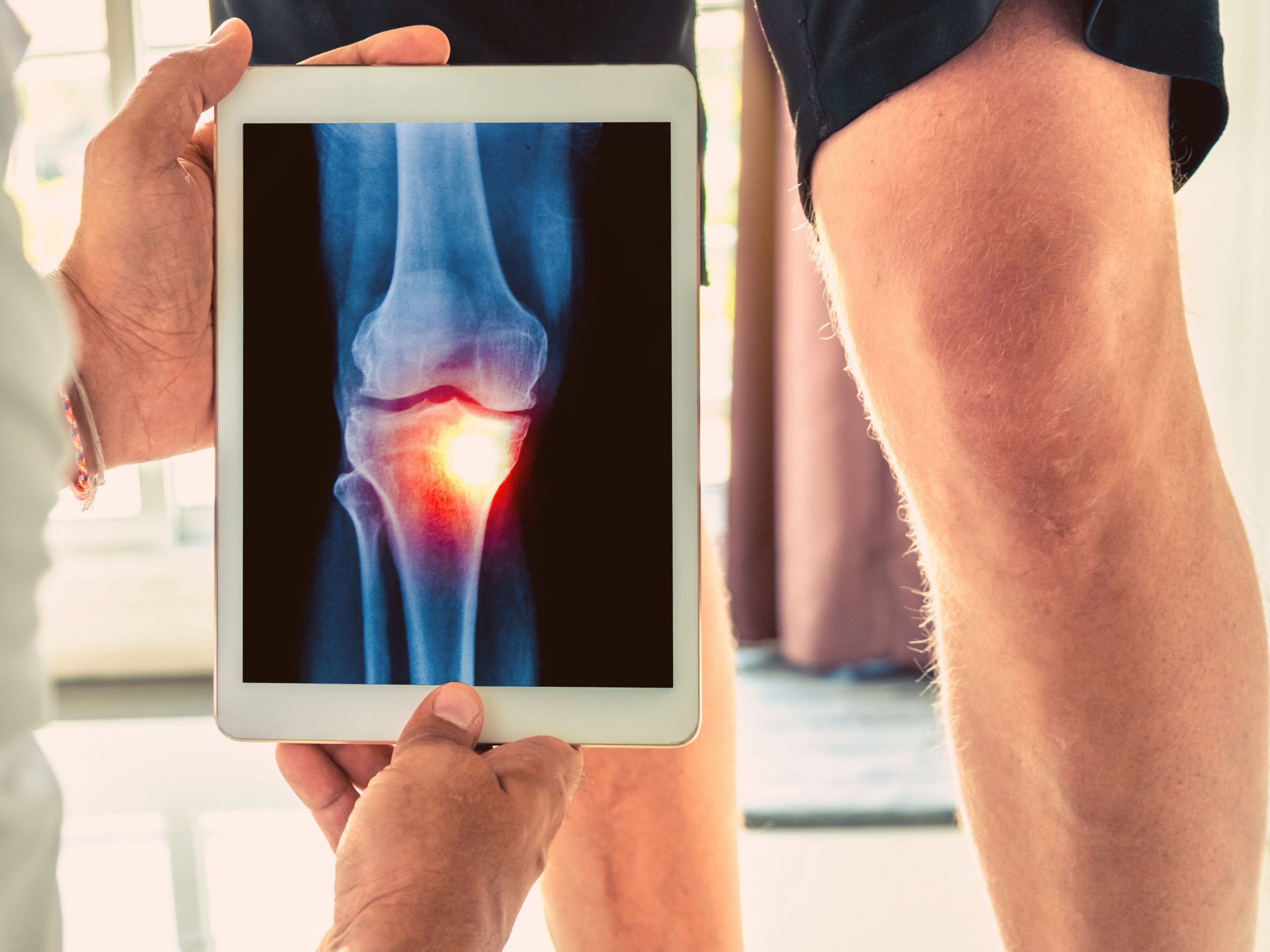Wear-and-tear arthritis: What exercise can do for you
About 7.4 million people in England over the age of 45 have osteoarthritis (wear-and-tear arthritis), specially on the knees. Joint osteoarthritis is a condition in which the cartilage (natural cushioning between your joints) deteriorates. As a result, your joint bones rub more closely against one another and are not shock-absorbing. In this blog, you can find the most common causes and symptoms, and how exercise can help you deal with osteoarthritis. Let´s begin…
Wear-and-tear arthritis: Symptoms
The most common symptoms are:
- Pain,
- Swelling
- Stiffness
- Decreased ability to move
- Bone spurs (just in some cases)
- Symptoms may get worse with weather changes
Wear-and-tear arthritis: causes
Common causes of osteoarthritis are:
- Hereditary
- Injury
- Infection
- Overweight
- Age
Osteoarthritis: what recent research has shown:
- Osteoarthritis is the most common type of arthritis.
- Even young people can have Osteoarthritis, but risk increases after 45 years old.
- In the UK approximately 1 in 10 adults have symptomatic clinically diagnosed OA.
- Knee osteoarthritis is the commonest.
- Osteoarthritis incidence and prevalence were higher in women than men.
- Some people have mild symptoms. However, for others the pain, stiffness and swelling can be severe. In other words, each case is different.
Wear-and-tear arthritis treatment: what exercise can do for you!
If there is too much pain, consider using an anti-inflammatory cream or gel or taking an ibuprofen or similar type of non-steroidal anti-inflammatory (NSAID) medicine. Experts advice to avoid strong opioids.
Many people use painkillers, but recent studies have shown that physical activity should be the main treatment due to its multiple benefits.
You might think that exercise can harm your joints, but healthy lifestyle changes are what really help improve your pain and quality of life.Exercise builds muscles and can help people maintain a healthy weight, which is important for managing osteoarthritis.If you are already overweight, remember that losing this extra weight by following a healthy diet and exercising will reduce strain on your joints (that will make you feel better).
Once osteoarthritis is diagnosed, a physiotherapist can help you with either non-surgical or post-surgical rehabilitation. Usually, you will be recommended a short period of rest to help reduce inflammation.
Further treatment may involve hands-on treatments such as massage and specialized forms of soft-tissue mobilization like Hand Physiotherapy. This will help you to move with less pain. You will often be prescribed strengthening and aerobic exercises. Strengthening exercises help improve strength and control of your muscles.
Aerobic exercises to improve heart and lung health and increase endurance in the spinal, leg and all muscles in general.
Obviously, a good physiotherapist will personalise a treatment to suit your individual needs.
What kind of exercises should I do?
Your doctor or physiotherapist will be able to advise the best type according to your condition, but the most recommended are:
- Low impact activities such as walking, cycling and exercising in water.
- Strengthening exercises working major muscle groups – such as leg raises if you have a bad knee – can help maintain and improve muscle strength to support and protect the affected joint.
- Flexibility exercises (gentle stretching and balancing) may help your mobility.
- Aerobic exercises that increases your heart rate are good for both the heart and lungs as well as staying fit, so weight is going to be controlled.
- Remember to warm up before a session and cool down afterwards.
We hope this information is useful for you. If you need advice or have any questions about our treatments, please contact us. You can find us in Mill Hill Broadway and Islington. We are always happy to help. If you like this blog, please share!
References
https://www.webmd.com/osteoarthritis/ostearthritis-of-the-knee-degenerative-arthritis-of-the-knee



